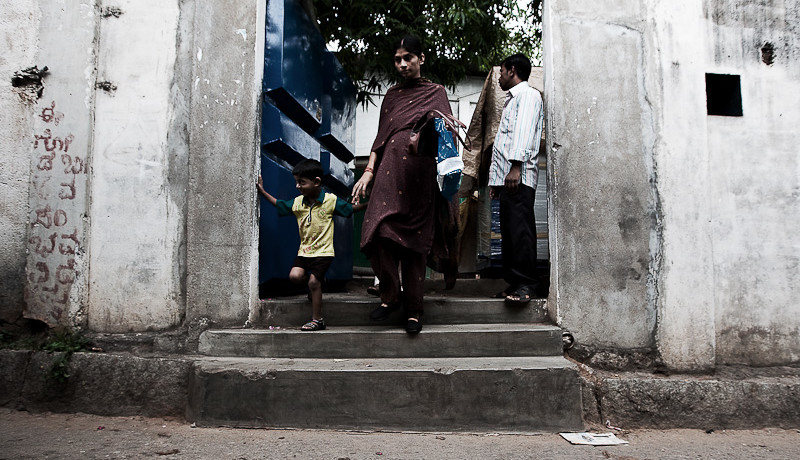In India in the 1990s, globalization and liberalization were embraced as a means for development. The growth in the garment export and other manufacturing sectors like electronics was looked up to with hope by policy makers as well as ordinary people that it would provide work that can be termed ‘decent’ and enabling workers to live a dignified life with all basic needs fulfilled. Reality has been disappointing, most of all for the first generation literate young people who went to school, many despite their poor background, and were able to find employment in these new supply chains.
Future in Our Hands (Framtiden i våre hender), Norway and Cividep India jointly conducted a study comparing working conditions and wages in two global supply chains that cater to the European market and have links to South India. These are the garment industry in Bangalore, which produces apparel for well-known European retailers like H&M and the Varner Group, and the electronics industry in Sriperumbudur (near Chennai), where companies such as Dell and Samsung manufacture their products.
The study concludes that the working conditions in both supply chains are below universally recognized standards set by the International Labour Organization (ILO), and that the wages these workers are paid cannot be termed as a ‘living wage’. The report compares the consumption and expenditure patterns of workers in the two sectors to determine whether their actual wages measure up to the concept of a ‘living wage’. Working conditions in all the five factories studied do not qualify as ‘decent work’, a concept created by the ILO to describe the right of employment in conditions of freedom, equity, security and human dignity.
Access the full report below.

